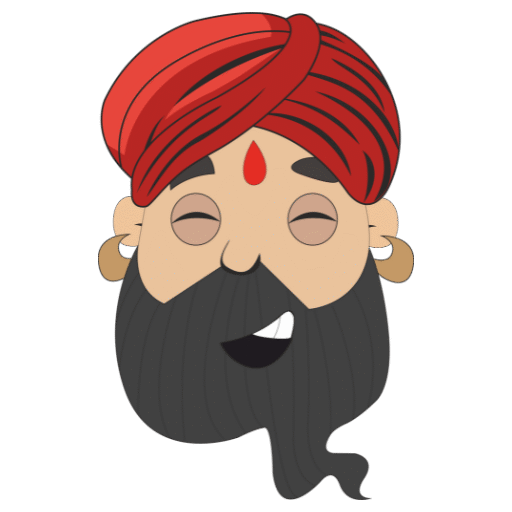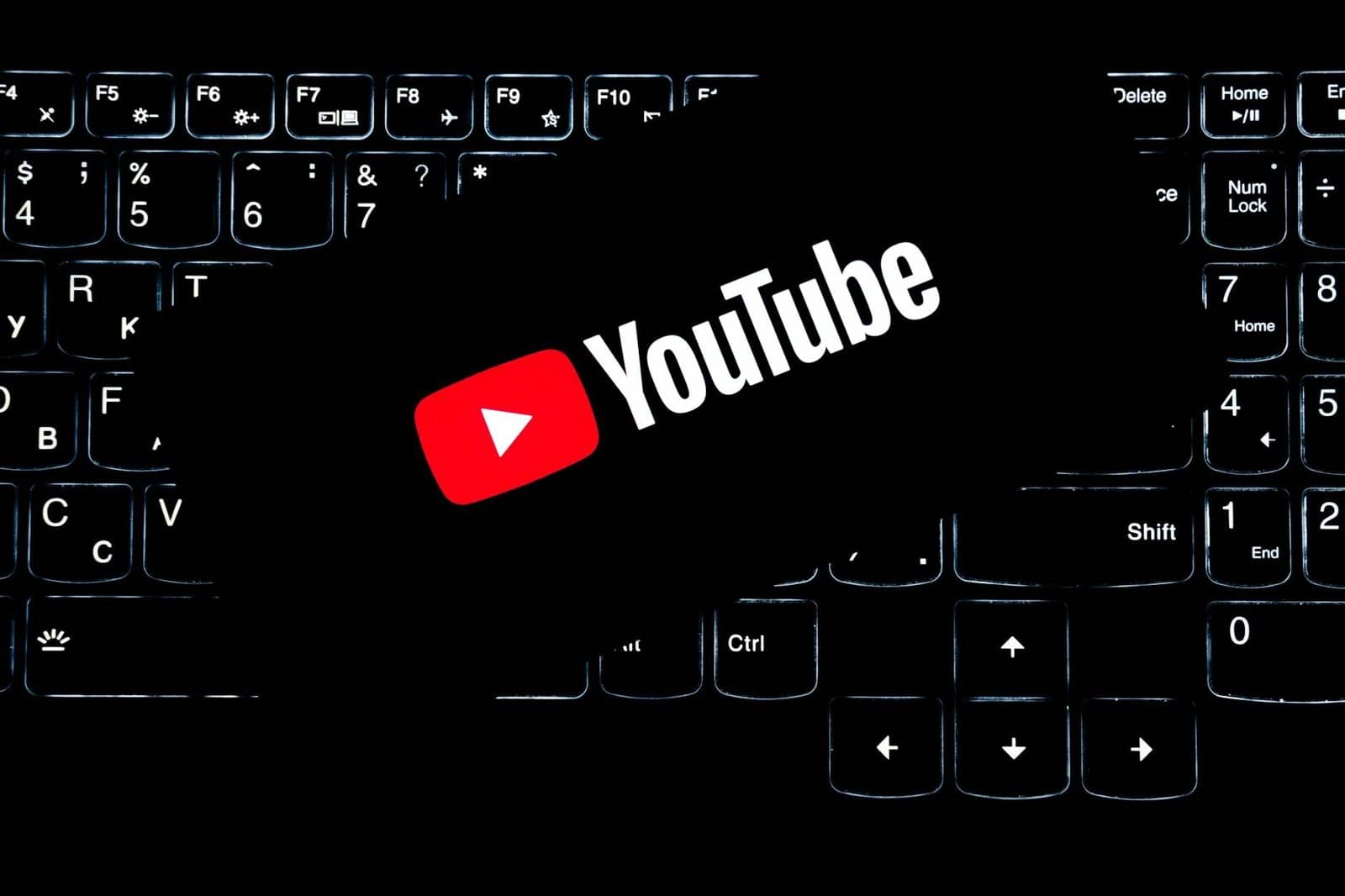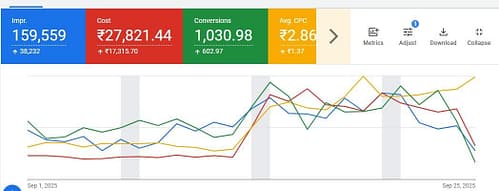YouTube AI video enhancement is facing backlash from creators over its covert use of AI upscaling to alter video content without notifying or obtaining consent from the original uploaders. This controversy highlights major ethical questions for digital creators and could reshape how platforms approach content modification in the AI era.
Table of Contents
ToggleWhat Happened: AI Upscaling on YouTube
Since mid-2025, several content creators, including well-known music YouTubers Rhett Shull and Rick Beato, began noticing strange, unnatural changes to their videos after publishing. Many described the effect as “smeary,” similar to an “oil painting,” making textures look altered and faces excessively smooth. These changes were not present in the originals, only the processed videos that appeared on YouTube.
Creators compared their original uploads to what YouTube displayed, discovering unauthorized use of AI video enhancement technologies. The enhancements—applied without the knowledge or approval of video owners—sparked immediate debate across the YouTube community.
YouTube’s Statement and Creator Backlash
After significant public discussion and creator documentation of the unauthorized changes, YouTube’s head of creator liaison, Rene Ritchie, confirmed that the platform is running a limited experiment. This experiment uses machine learning (not generative AI) to “unblur, denoise, and improve clarity” in selected YouTube Shorts. However, YouTube did not clarify how many creators or videos are affected, nor did it provide options for creators to opt out or disable these changes.
Industry leaders, like Dave Wiskus (CEO of Nebula), have called these modifications a “theft” of creator control and an affront to digital authenticity. With YouTube simultaneously enforcing strict policies on AI-generated spam, the double standard of modifying genuine creator content with AI has only increased creator frustration.
Broader Implications for Digital Creators
Many creators now worry that these experiments mark a broader trend toward platforms intervening in and altering original user content, blurring the line between authentic and AI-generated media. The controversy is seen as a warning signal—if one of the world’s largest video platforms can change videos post-upload without consent, the same could happen across other platforms.
Music creators, visual artists, and digital marketers alike are concerned these changes could “distort reality” and damage trust between platforms and their core creators. The debate highlights the need for clear transparency, user consent, and the option for creators to maintain control over how their content appears to audiences.
Key Takeaways for SEO and Digital Marketers
- Content Authenticity is Critical: Platforms may use AI for automatic enhancements, but tampering with originals without disclosure erodes user trust.
- Stay Updated on Platform Policies: Keep track of the latest changes and experiments on platforms like YouTube, as undisclosed tech rollouts could impact content strategy.
- Advocate for Creator Rights: Voice concerns within digital creator communities to push for opt-out options, transparency, and consent-based changes.
For SEO, digital marketing, and content creation professionals, this controversy underlines the importance of understanding both the opportunities and risks that come with AI-driven content delivery—and the necessity of maintaining transparency and user control in the evolving digital ecosystem.
1. What is YouTube’s AI video enhancement controversy?
YouTube AI video enhancement is the process where Youtube secretly applied AI-based enhancements like unblurring and denoising to videos, altering content without informing or obtaining creators’ consent.
2. How have creators responded to these unauthorized changes?
Creators have expressed concern over loss of authenticity and control, with some calling the modifications “theft” and demanding greater transparency and consent.
3. Has YouTube responded to the backlash?
YouTube confirmed the experiment is ongoing but limited, using machine learning to clarify Shorts. There is currently no opt-out option for creators.
4. Why does this matter for digital content creators?
Such undisclosed changes raise concerns over trust, authenticity, and content ownership—issues critical to the credibility of digital media and SEO strategy.
5. What should creators do in response?
Stay informed about platform policy experiments, monitor published content for changes, and advocate for transparency and user rights across content platforms.





